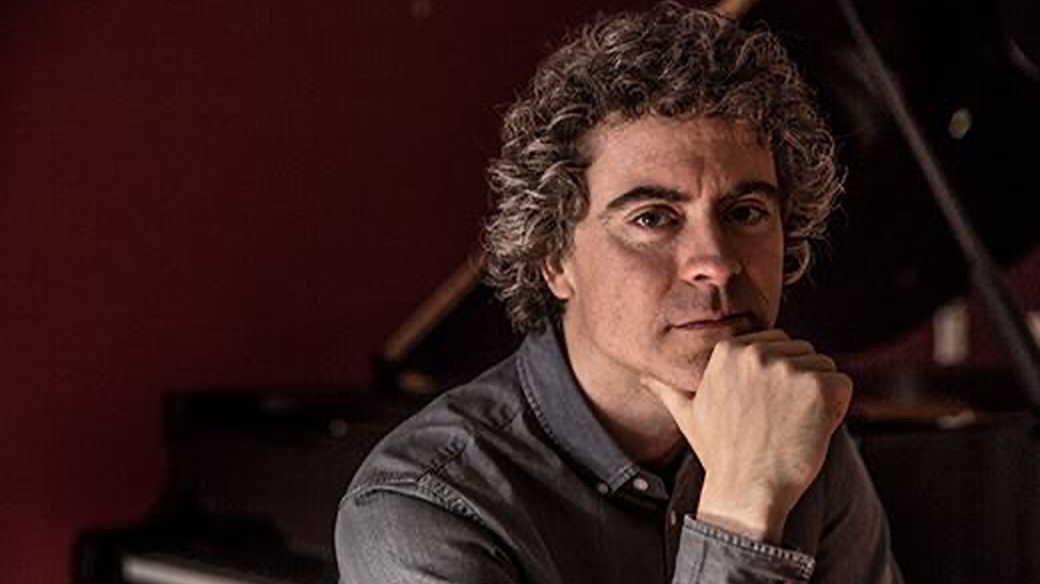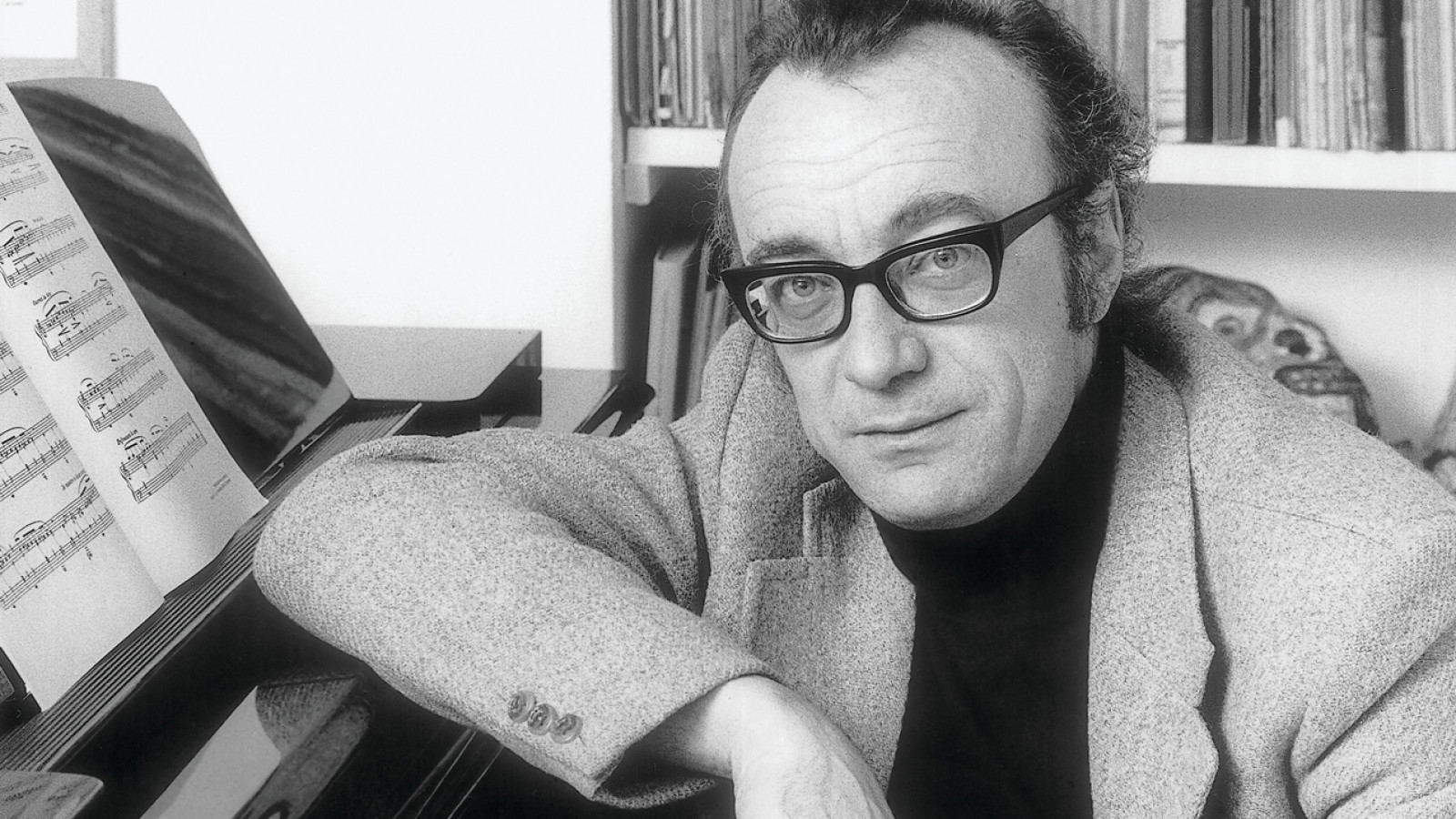Beethoven’s Bagatelle, Op. 33 No. 4: Paul Lewis, Live at Wigmore Hall
From his teenage years in Bonn until the end of his life, Beethoven composed piano bagatelles. These brief, unpretentious pieces, which the composer called Kleinigkeiten, or “trifles,” were published in three sets (Op. 33, Op. 119, and Op. 126). They set the stage for the Romantic character pieces of later composers, such as Schumann, Chopin, and Brahms. Pianist Paul Lewis writes, “Beethoven, the architect of massive, great formal structures, shows himself in …







